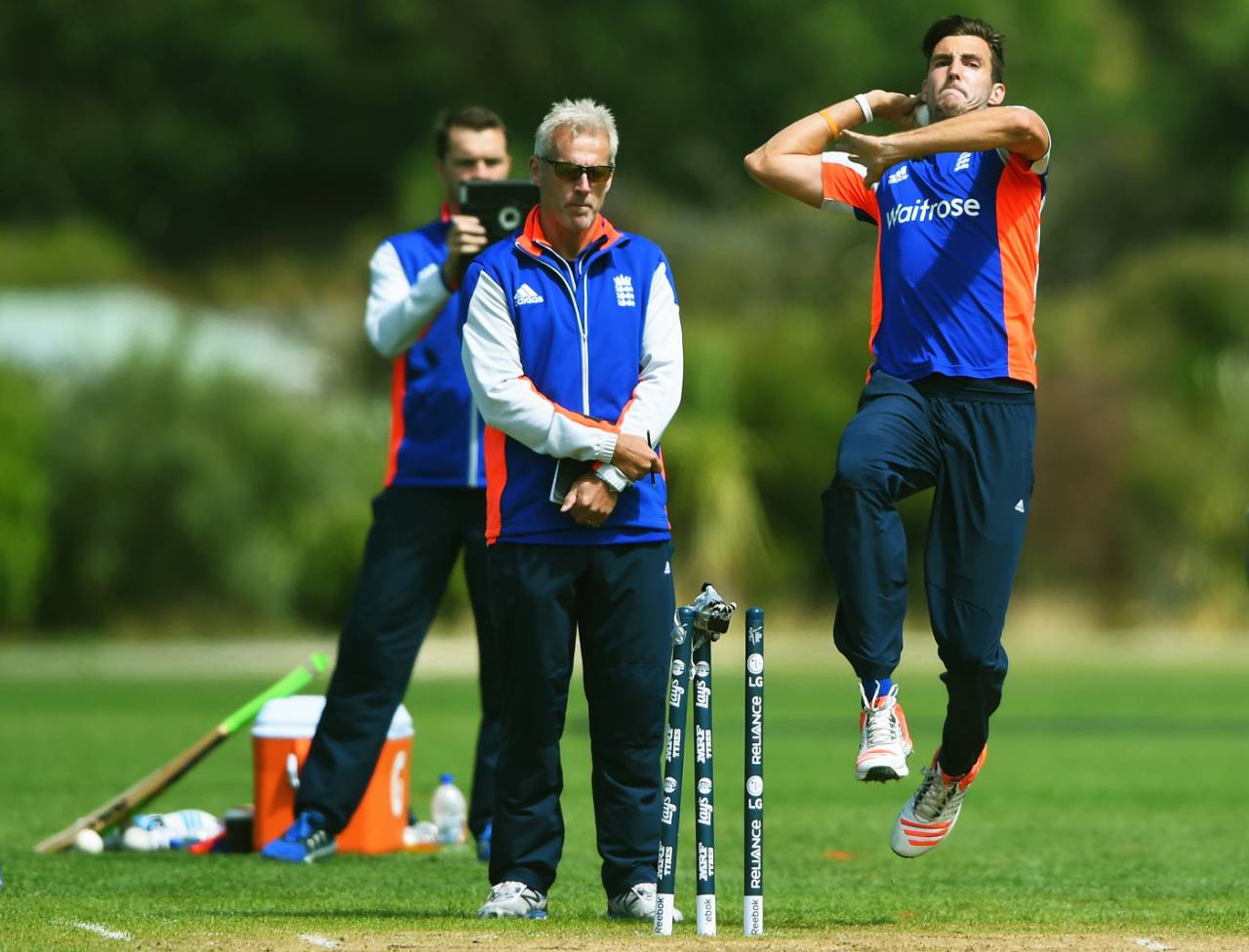In an attack on the vapid state of British television's winner-takes-all talent show format, in particular the BBC hit Strictly Come Dancing, comedian Alexi Sayle wrote in the Guardian that "tyranny is the removal of nuance". By this measure, if he were a cricket fan, T20 would be his brutal dictator, and Test cricket the flourishing democracy. Although Sayle's point about nuance was directed at the simplification of his beloved art form, dance, his attack on commercial programming actually highlighted the fact that cricket, even the smash and grab of T20, is also a complex pastime that requires study to truly enjoy.
It is a game, I'd argue, that above all other sports improves the more you understand it - whether playing or watching. The infamous Kim Hughes quote about Mike Brearley, that "he had nothing going for him apart from being intelligent" is a barb that has become something of a compliment over time. Brearley, an average batsman but superlative captain, made a career using brain before brawn.
And it's not only players who benefit from using their brain cells. Another quote, less famous perhaps, is that of the late US comedian Robin Williams: "Cricket is basically baseball on Valium." To the uninitiated onlooker this may well be the case. Test cricket (well, apart from days like that utterly miraculous first morning from Stuart Broad
at Trent Bridge) can be a subtle, many-layered event. The ignorant witness who watches a maiden without the ball even striking the bat, the stationary slips crouched, the fielders strolling, will wonder what on earth the dedicated fan finds so compelling.
The England team that went out to face New Zealand after Peter Moores had been fired played with flair, fun, and a sense of freedom
But the cricket oik does not have the knowledge. We know what struggling form the batsman is in, that one more duck probably means the end of his international career. We know how the new ball moves differently to the old one; we can feel the impact of the hard Dukes on the grass-tinged wicket. And we know the distinct death rattle of the bails leaving the stumps, and even how that last score of Bradman forever dipped his average below a hundred - this is a sport where even a divided aggregate of scores can forever fascinate the observer.
Yet does a high cricket IQ vastly improve the player? Captain and coach, an obvious yes - to a degree. Knowledge of the opposition, what deliveries a batsman scores off, and which deliveries are most likely to dismiss him, surely improves the weaponry of the bowler. And vice versa for the batsman. Once you know Jimmy Anderson can swing it both ways you can (try) to second-guess his tactics - two or three left-alone awayswingers outside off stump are often followed up with the inswinger that nips the bail. However, the ability to realise this mental agility into physical action is another skill entirely.
Intelligent players, the articulate thinkers on the game who analyse technique, stats, and their opposition, can become encumbered by information. The tinkering coach, who believes his sage observation on the budding player will transform his game, can undo the "feel" needed to play well. The
Steven Finn run-up "adjustment" is a prime example of the hands-on coach forcing the wheels off the player. From England's pace prospect to a bowler not fit for first-class cricket, and back again (gladly) to the front-line attack, the over-coaching of Finn has perhaps influenced the Jonny Bairstow approach - as revealed by Jason Gillespie, writing in the
Guardian: "No longer would he have support staff stopping him every second ball in the nets, telling him to change his grip, stance, backlift or alignment. Instead, the only advice would be when he sought it and based solely on his gameplan for any given day."
Self-knowledge of technique through analysis has been replaced by feel - and surely actual results, which, considering Bairstow has been recalled to the Test squad and averages over 100 in the County Championship, are indicative of a run of form, and also of forgetting that critical zoom lens on one's own performance.
In my last piece, on the "
zen of cricket" I wrote that "to play truly well one must lose the words of the coach, the press, and the self, and revel in that time at the crease". Writer John Crace quipped - jokingly, I think - that his book on England batsman Robin Smith,
Quest for Number One, which explored "the psychology of batting, revealing how he [Robin Smith] is motivated, how he concentrates and what he feels when he is preparing to face the West Indian fast bowlers", actually ruined his career. In this in-depth player study, including interviews with Smith's sports psychologist, his motivator and even his wife, Crace analyses every aspect of Smith's presence at the crease. The result of the book, Crace pondered, is that once Smith had researched his own technique and attained the ultimate self-knowledge of his performance, it actually affected his ability to let go in the middle. It could be that the under-pressure Adam Lyth, his technique much criticised by pundits, is unable to lose the awareness of what he lacks, or indeed what he's working on, to actually perform.
How much Peter Moores' reliance on his laptop data was actually detrimental to his reign as England coach is unclear, but the team that went out to face New Zealand after he had been fired played with flair, fun, and a sense of freedom. Knowledge is power, but homework has to be done before the cricketer walks onto the pitch. The overwrought ball, shot or catch results from thinking rather than simply playing.

